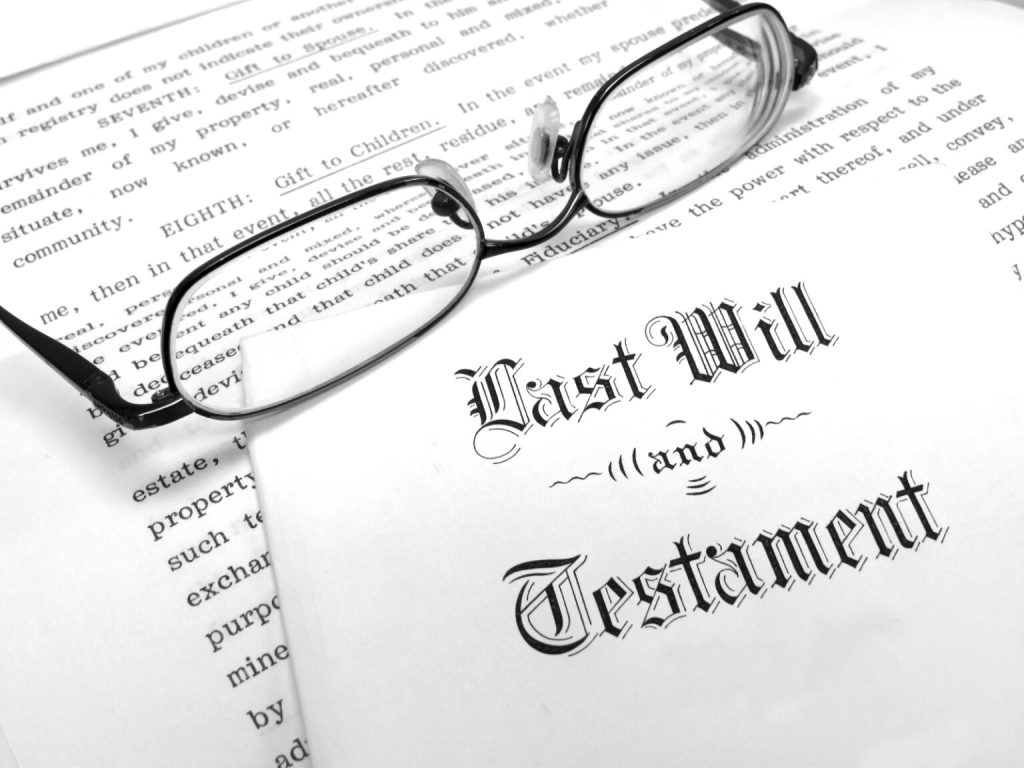With the prevalence of do-it-yourself online estate planning tools, there has been an increase in the number of Florida residents that sign Last Will and Testaments that are incomplete or improperly executed. If the testator passes away having executed a Will with inadequate or ambiguous language, it may leave the Will subject to interpretation over the testator’s true intent or subject to challenge over its validity. If the Last Will was not executed in accordance with the strict standards of Florida law, the Will may be invalidated causing the decedent’s estate to not be distributed in accordance with their written wishes.
In order to be admitted to probate, the testator’s Last Will (i) must be in writing and executed at the end by the testator, (ii) execution of the Will must occur in the presence of two subscribing witnesses who witness the testator sign, and (iii) the witnesses must sign the Will in the presence of the testator and in the presence of each other. These basic formalities help to preserve the integrity of the Will because it establishes that witnesses were present to verify the testator’s actions and testamentary capacity at the time of signing the Will.
If a Will is not deemed self-proving on it face, other evidence that demonstrates that the Will was properly executed must be presented to the Court which will increase the costs and length of time of estate administration, i.e. to identify, locate, subpoena and hear testimony of the subscribing witnesses. If the subscribing witnesses to the Will cannot be located, an affidavit of the Will’s preparer or notary of the Will may suffice to prove the Will before the Court. Preparing a Last Will with self-proving affidavit, i.e. executed twice by the testator and witnesses before being notarized after all parties have signed, is the best practice for ensuring that the testator’s Will is admitted into probate after death without issue.
In order to authenticate a lost Will, any interested person can petition the Court to demonstrate their knowledge of the full and precise terms of the lost or destroyed Will, verify the specific content of the Will by the testimony of two disinterested witnesses to the Will, or, if a correct copy is provided, proving precise terms of the lost Will by at least one of the disinterested witnesses to the Will.
To learn more about executing a self-proving Last Will and Testament prepared in accordance with Florida law, please contact us to schedule a telephone or ZOOM videoconference consultation with an experienced Fort Lauderdale tax, probate and estate attorney. So we can advise you best about your legal and tax issues, please take a moment to complete the Firm’s Legacy & Estate Planning Questionnaire and return it to me by email at lrhoden@wealthprotection.us to schedule a consult meeting.


